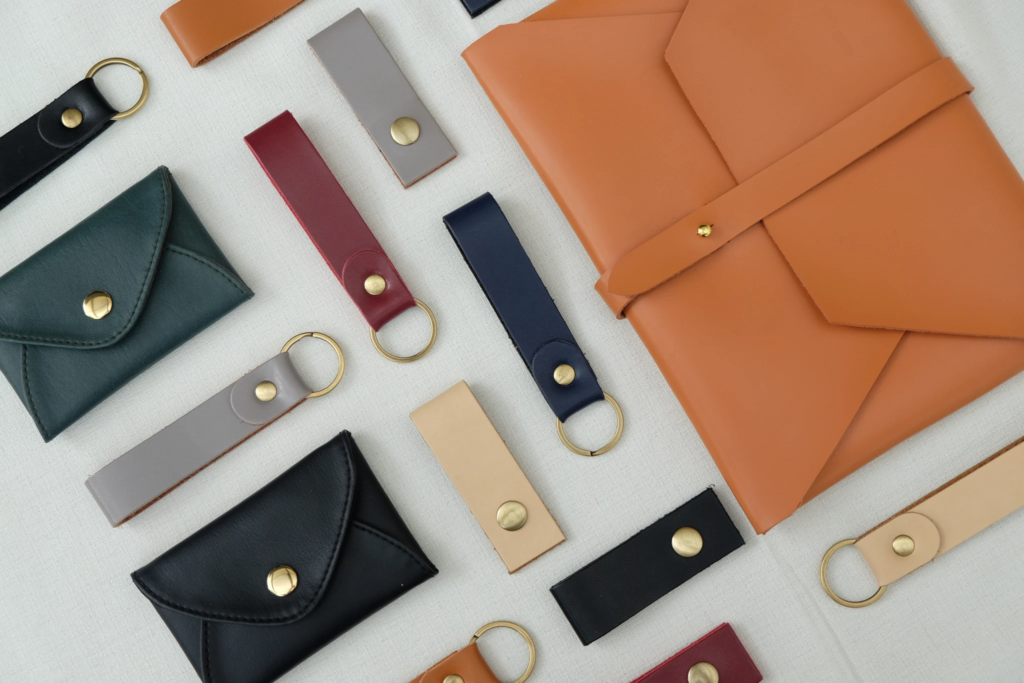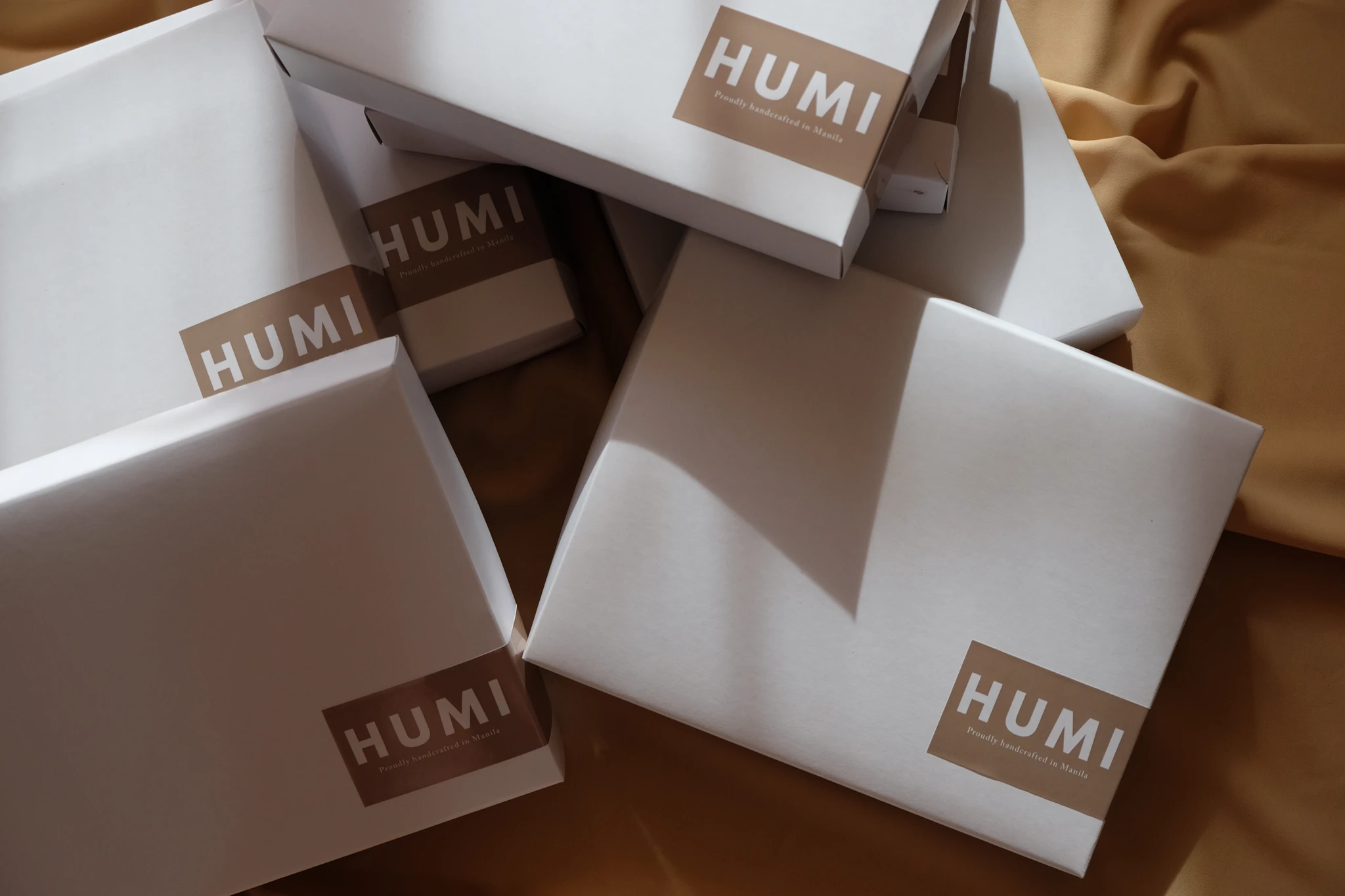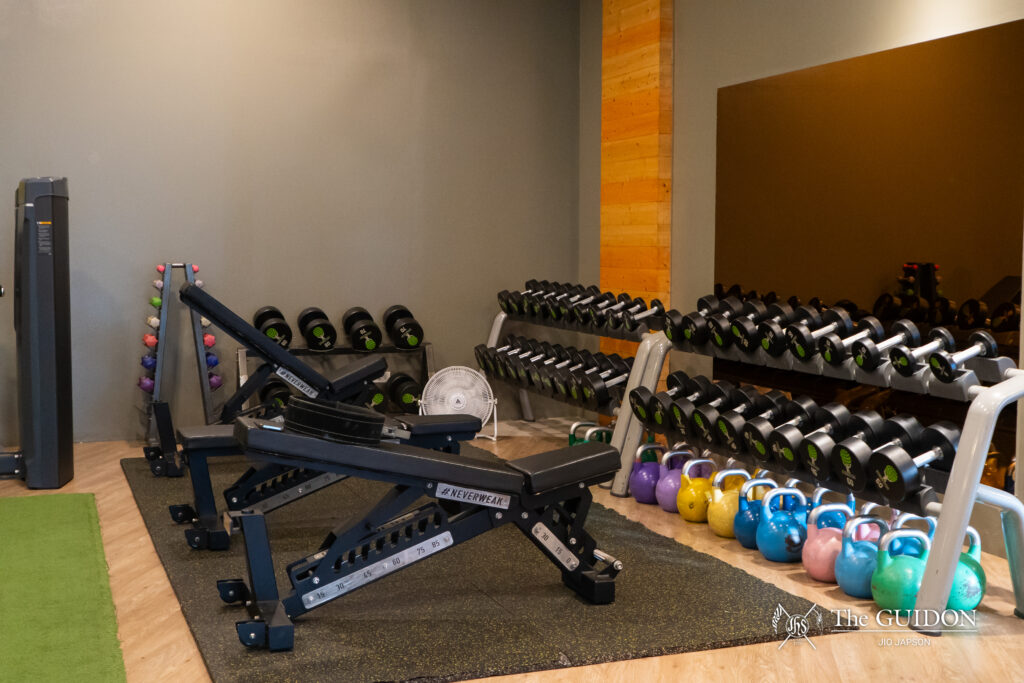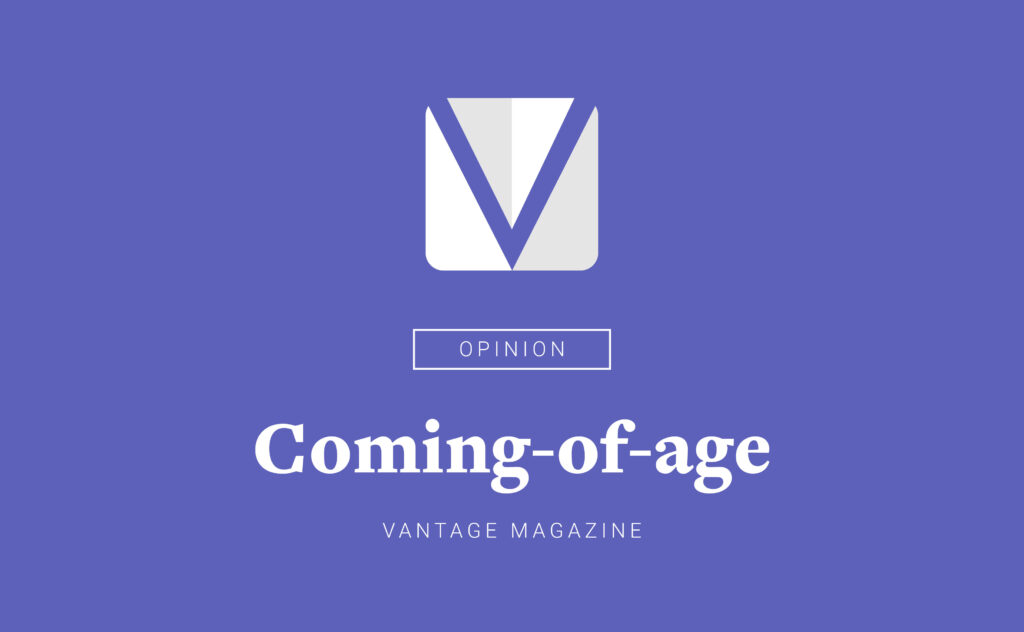The fast-paced and consumer-centric fashion industry has long been known to be one of the world’s most polluting industries. With new styles and trends appearing at a rate too quick to catch, many companies clamor to keep up with customers’ ever-changing tastes. Local brand Humi aims to defy the odds.
A focus on sustainability and purpose
Named after the Filipino word huminahon (to slow down), Humi brings an alternative business model to the table: To shop slow and to buy mindfully, while satisfying the conscious and stylish consumer. As opposed to the fast fashion business model, which encourages the mass production of lower-quality products at a cheap price, Humi promises to deliver timeless beauty through quality products, combined with cruelty-free materials, designed for the très chic.
The enterprise would not have been made possible without founder Kathleen Chan’s penchant for stylish bags and her personal conviction to make the every day more manageable–two interests that brought Humi to life. “We’re not just after [the] aesthetic,” the start-up entrepreneur recounts. “We want our bags to serve a role in the end user’s every day, and not just in selfies.”
The apparel industry is known for fast fashion practices, but Humi sets itself apart by sticking to its core of sustainability. Above all, the brand actively reminds buyers to see the people and the production process behind the bags. From raw materials to their manpower, Humi does its best to emphasize sustainability and ethics. “We’re putting pressure on the bigger names in the industry to look beyond fashion and see the lifestyle and lives than run the industry,” Chan says.

Vegan leather for the eco-conscious consumer
This upstart bag company banks on locally-sourced vegan leather, which is produced from cruelty-free and eco-friendly materials, such as pineapple leaves or recycled plastic. This type of synthetic fabric reflects the advocacy that Humi wants to drive home: Quality products with conscious environmentally-friendly decisions.
With social responsibility at its core, Chan says that Humi’s designs are tailored to “like minded-consumers who appreciate the value of mindful consumerism.” Made for more than just aesthetic social media posts, the startup enterprise assures buyers that their bag designs integrate style, sustainability, and functionality. Chan says, “[Humi makes] sure that every pocket, every hardware, every cut, and length [is] designed to how our patrons move about their daily lives and/or travel.”
An ethical production process
Chan believes that creating ethical products relies not only on materials but also on production. “[Humi is] working to ensure our production is ethical because production involves people, which are most often overlooked,” Chan explains. “[We’re] paying them [bag makers] what is due and really involving them in the process of the whole business.”
In the journey towards ethical and mindful consumerism, Humi wishes to further refine their production process and to share their story to a bigger audience. “We want to continue sharpening our designs, our craftsmanship, our story, and our voice to reach more people,” Chan says. At the end of the day, the importance is not solely in creating versatile and well-crafted bags, but in building a community based on shared values and beliefs.
Fashion is not limited to aesthetics. Humi proves this with products that are high-quality and low-impact. By choosing environmentally-friendly materials and providing fair wages, the brand ensures that their products do more good than harm.






